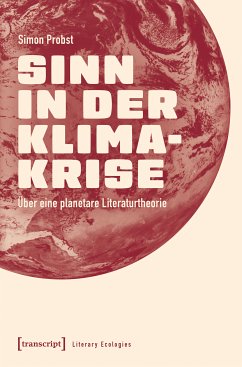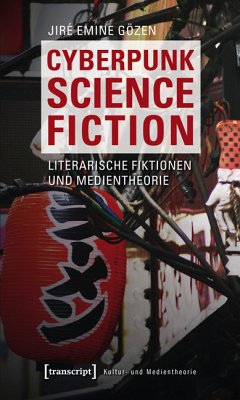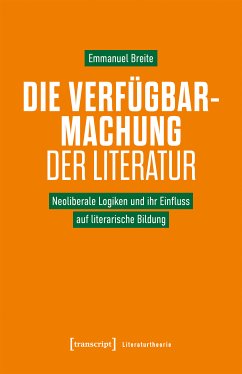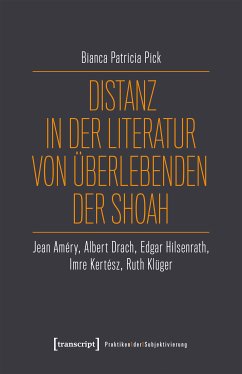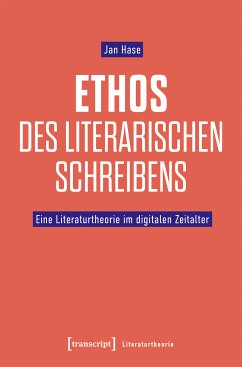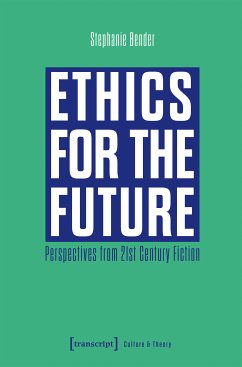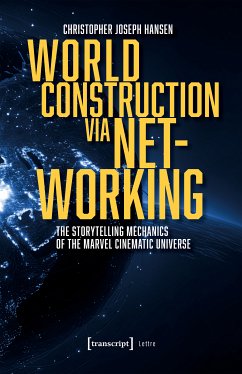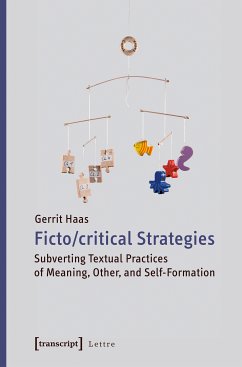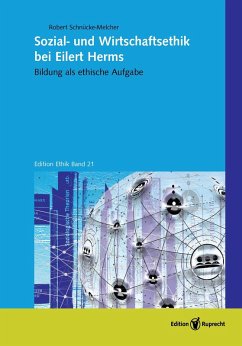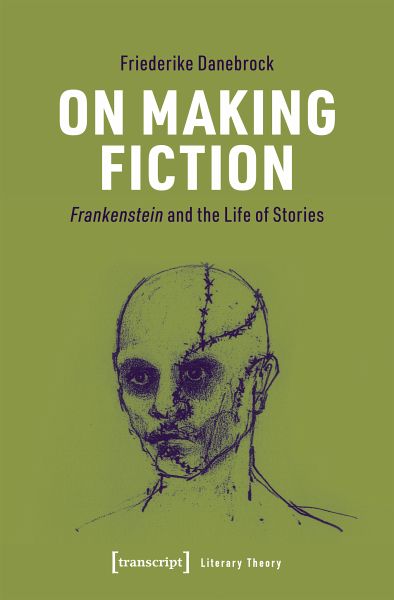
On Making Fiction (eBook, PDF)
Frankenstein and the Life of Stories

PAYBACK Punkte
0 °P sammeln!
Fiction is generally understood to be a fascinating, yet somehow deficient affair, merely derivative of reality. What if we could, instead, come up with an affirmative approach that takes stories seriously in their capacity to bring forth a substance of their own? Iconic texts such as Mary Shelley's Frankenstein and its numerous adaptations stubbornly resist our attempts to classify them as mere representations of reality. Friederike Danebrock shows how these texts insist that we take them seriously as agents and interlocutors in our world- and culture-making activities. Drawing on this analys...
Fiction is generally understood to be a fascinating, yet somehow deficient affair, merely derivative of reality. What if we could, instead, come up with an affirmative approach that takes stories seriously in their capacity to bring forth a substance of their own? Iconic texts such as Mary Shelley's Frankenstein and its numerous adaptations stubbornly resist our attempts to classify them as mere representations of reality. Friederike Danebrock shows how these texts insist that we take them seriously as agents and interlocutors in our world- and culture-making activities. Drawing on this analysis, she develops a theory of narrative fiction as a generative practice.
Dieser Download kann aus rechtlichen Gründen nur mit Rechnungsadresse in A, D ausgeliefert werden.





